Histamine, a naturally occurring compound in the body, plays a crucial role in our immune response, but an excess can lead to discomfort and a host of allergic symptoms.
However through careful dietary choices, it's possible to support your body's histamine balance and immune response. In this article we delve into the science of histamine, identify natural anti-histamine foods, and introduce the basics of an antihistamine diet.
Medical Disclaimer: as with everything on this site, this article is provided for information only. I strongly urge you to speak with your doctor or a licensed medical professional in order to assess whether or not you have histamine issues and/or other medical issues.
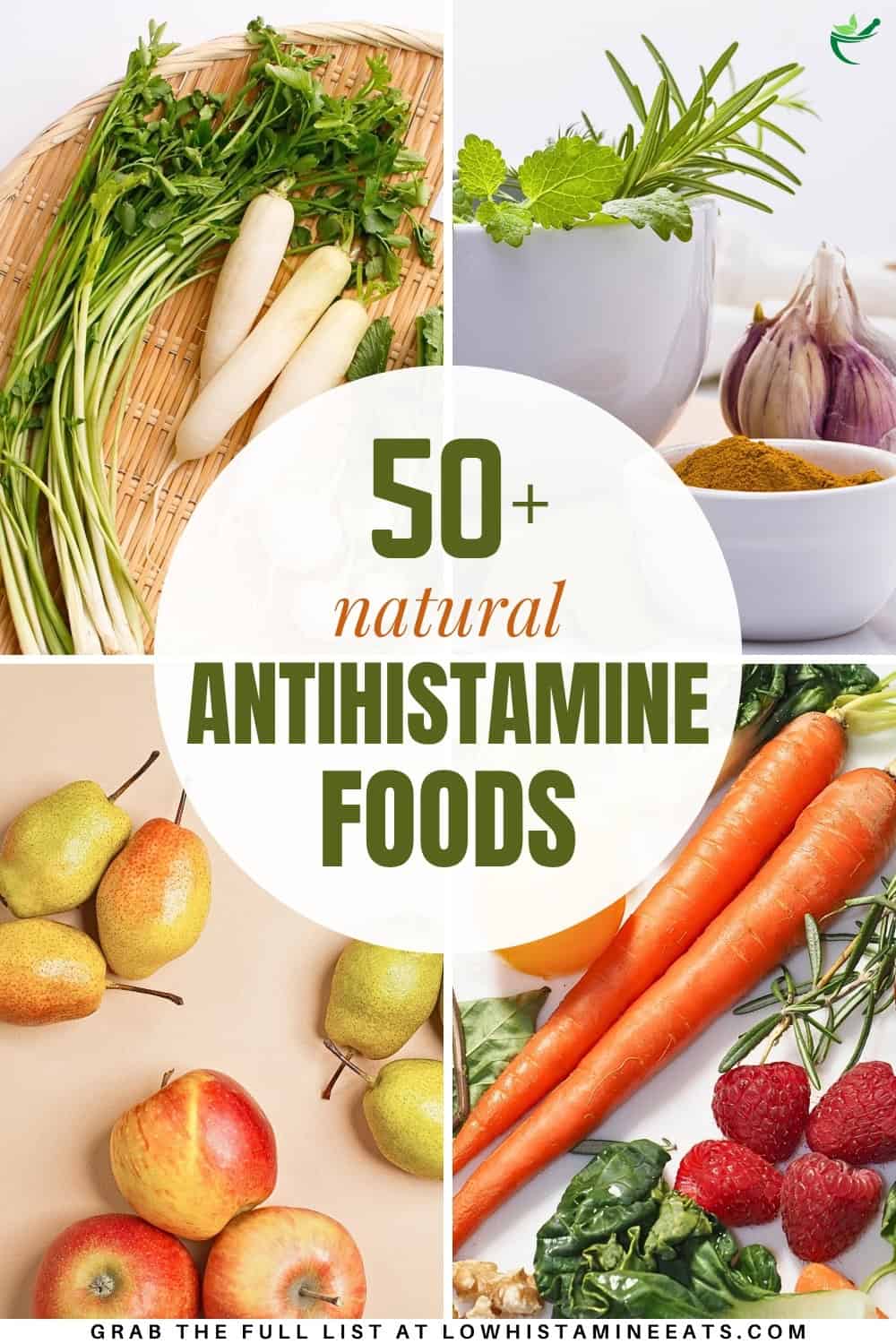
Jump to:
🤔 So what are histamines?
Histamine is a natural inflammatory substance released by the mast cells, which are a type of white blood cell responsible for immediate reactions to perceived allergens. When your histamine level overloads in one area of the body, it leads to inflammation, which can result in food allergy symptoms and even have a cascading effect upon the body.
Histidine decarboxylase (HDC) is the sole member of the histamine synthesis pathway, producing histamine out of the amino acid histidine in a one-step reaction (with Vitamin B6 as a cofactor).
This means that histamine can be produced very quickly, an evolutionary trait which is helpful for alerting you to danger, but less helpful if your immune system has begun interpreting everything as dangerous.
So while mast cells are an integral part of the body's immune response to foreign substances, sometimes they can become unstable and overreact to certain foods.
❓ What happens when mast cells destabilize?
They release histamine (and other inflammatory substances, albeit in smaller amounts), causing an inflammatory condition known as Mast Cell Activation Syndrome (MCAS). MCAS is a type of Mast Cell Activation Disorder (MCAD), a group of immune conditions which affect the functioning of mast cells.
Mastocytosis is a similar disorder, and treatment similarly involves lowering the body's histamine load. The first step towards calming this histamine reaction is to clean up your diet, and slowly add in more anti histamine foods.
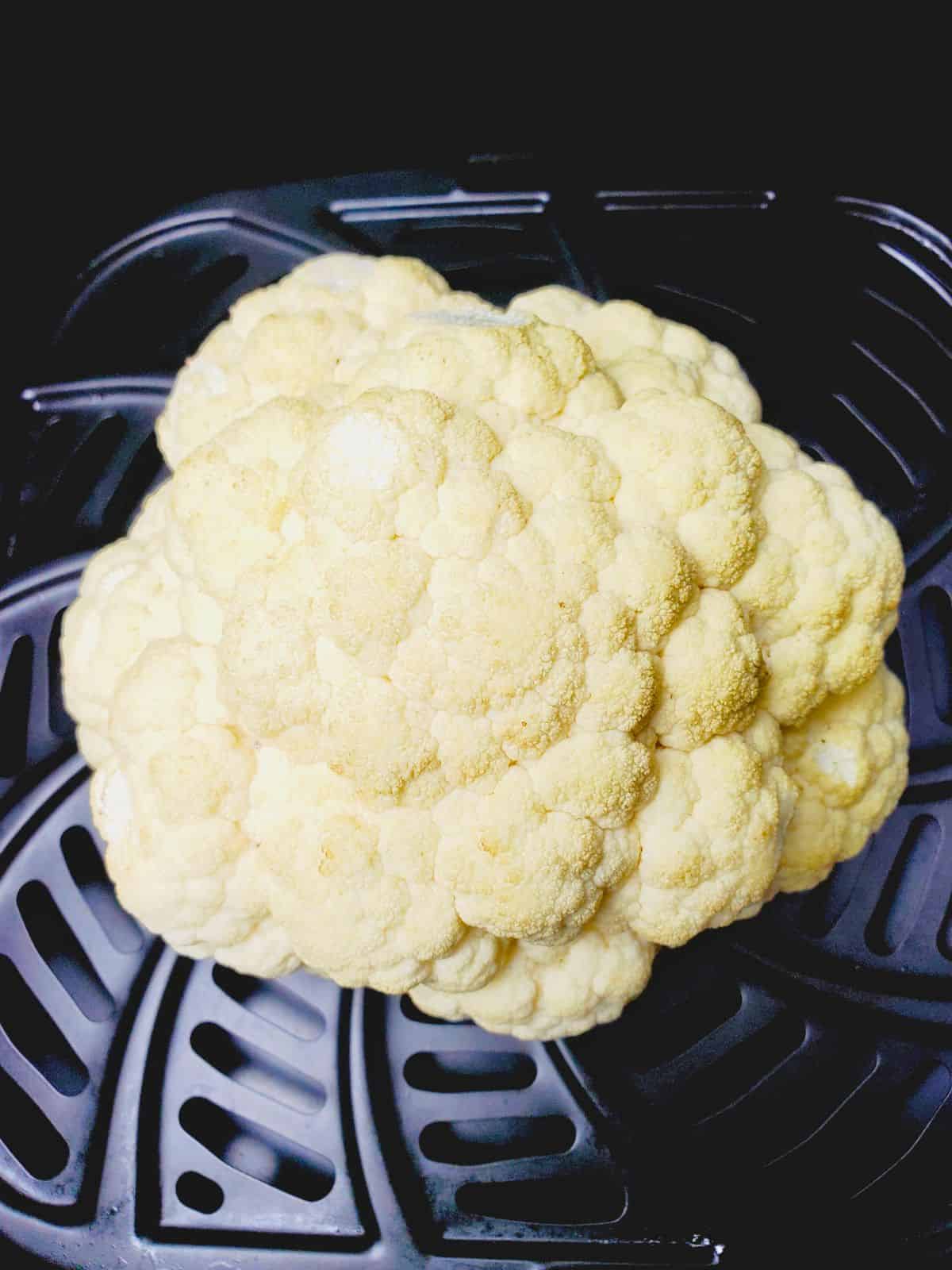
🌿 How do antihistamine foods help with histamine intolerance symptoms?
Food is really the best antihistamine for histamine intolerance, as most of us aren't necessarily overloaded by our environment— as with traditional histamine toxicity (a.k.a. seasonal allergies)— but by our food.
This goes back to the three main ways that histamine levels become problematic: ingested histamine, low DAO (diamine oxidase, which clears histamine), and histamine-liberating foods.
There can be genetic contributions, but these factors most commonly arise when we consume high histamine food, DAO-blocking food, and food which releases histamine from other foods.
Anti histamine foods are all naturally low in histamine, but they also bring other histamine-clearing benefits to the table. The foods' superpowers range from helping to stabilize mast cells to increasing DAO production or simply reversing oxidative damage from inflammation.
Some of them even interrupt the making of histamine itself, by affecting volume & rate of HDC production (thereby slowing the body's ability to produce histamine).
Most of them also contain a significant amount of one or more co-factors in the production of DAO, such as vitamin B12, saturated fats, zinc, magnesium, iron, and omega-3 fats.

📋 Natural Antihistamine Foods List
The antihistamine foods list below is a living document that I'll continue to update as I discover new ingredients which may help us in our pursuit of health and happiness— you should never have to prioritize one over the other.
If you've found this post because you're just getting started with a low histamine diet, I recommend beginning by reading my 5-day low histamine diet plan. Jumping into a whole new lifestyle headfirst can work for some people, but for others, adding or taking away a large variety of foods at once can send your system into a tailspin.
So before adding in a bunch of foods that lower histamine, consider a three-pronged approach of: 1) removing the highest histamine foods; 2) eating more low histamine foods in their place; and 3) adding in anti histamine foods last. All that said, below are dozens of foods with natural antihistamine properties.
Because I'm a science-minded individual who loves to cook, I've sorted each of these natural antihistamine foods based on their function in the kitchen. Most foods have multiple reasons why they're listed here, so I've done my best to link sources for further reading.
Antihistamine Herbs
- Basil (esp. Holy Basil)
- Cilantro
- Dill
- Lemongrass
- Mint (Spearmint, Peppermint)
- Oregano
- Parsley
- Rosemary
- Sage
- Thyme

Antihistamine Vegetables
- Artichoke
- Arugula
- Asparagus
- Beets
- Bell Pepper
- Bok Choy
- Broccoli (& Broccolini)
- Brussels Sprouts
- Cabbage
- Dandelion Root (also good as tea)
- Greens (Mustard, Collard)
- Onion
- Radish
- Squashes (other than pumpkin)
- Watercress
- Zucchini
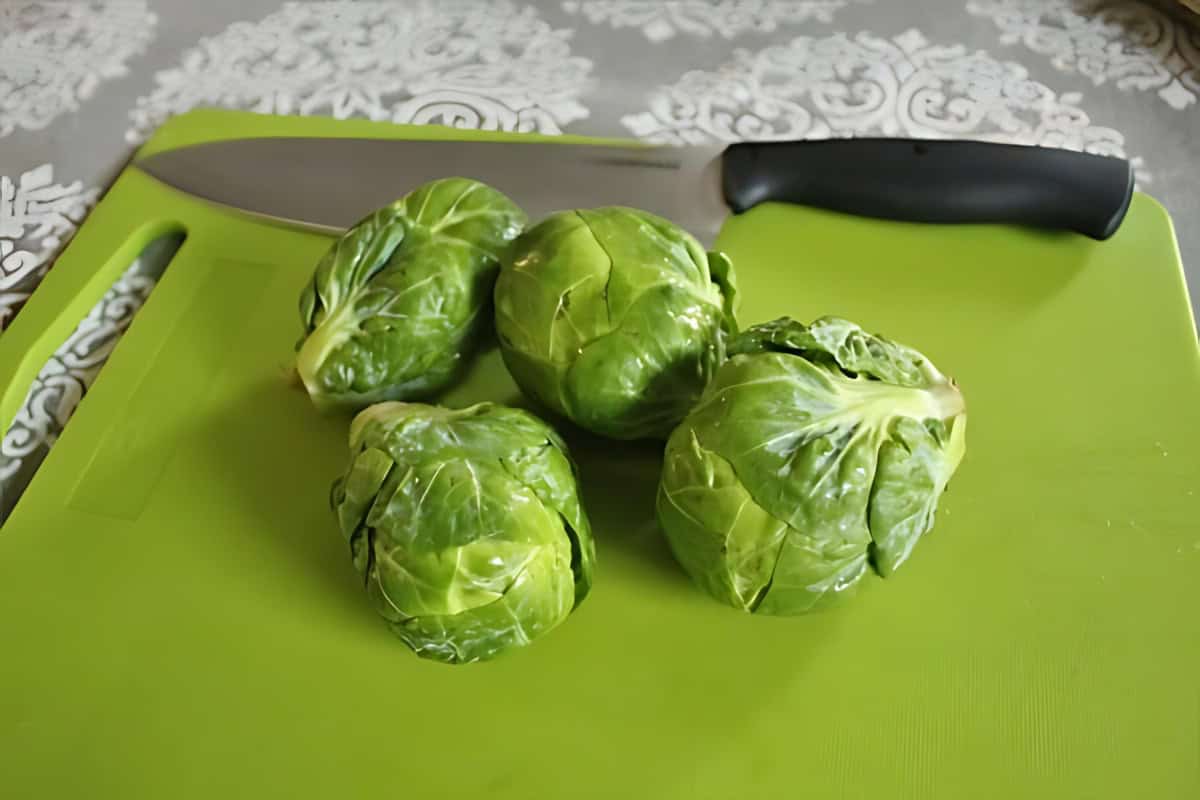
Antihistamine Fruits
- Apples
- Pomegranate
- Blueberries
- Blackberries
- Cherries
- Mangoes
- Kiwis
- Raspberries
- Peaches
- Pears
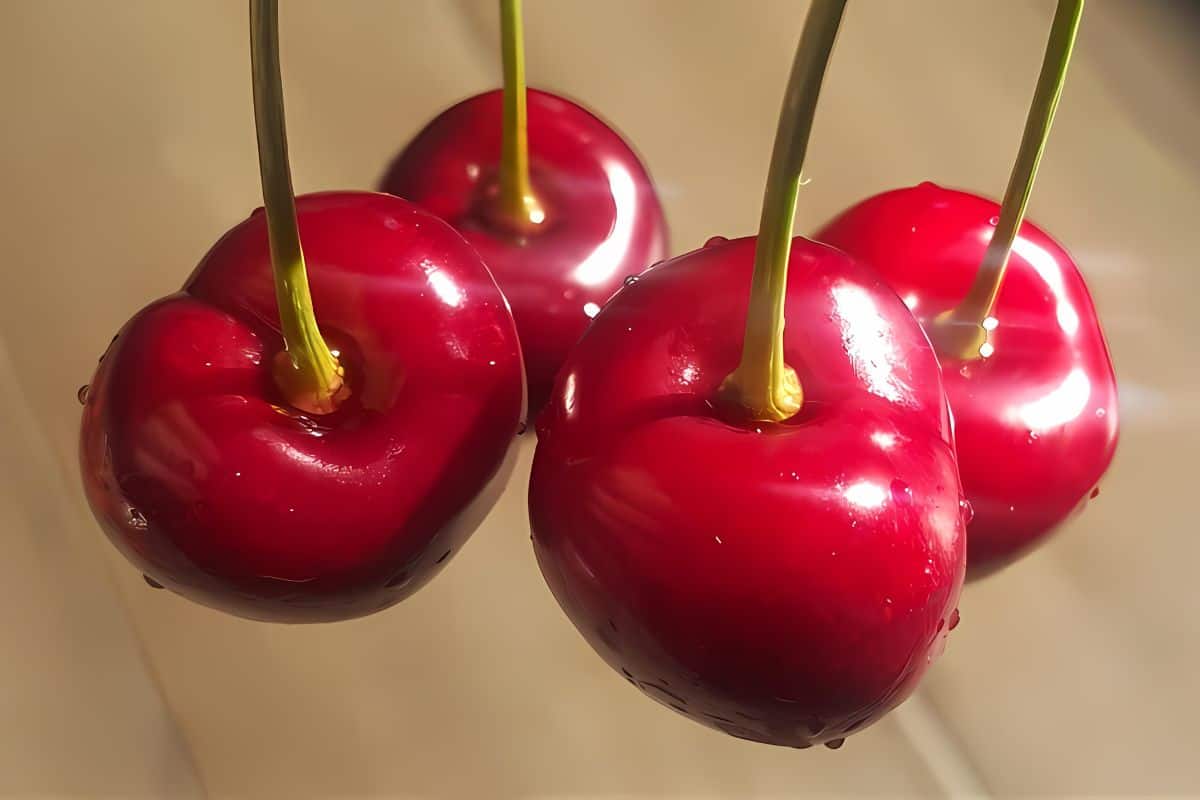
Other Natural Antihistamines
- Aloe Vera (anti-inflammatory in small doses; Thrive Market has a great selection)
- Fresh Capers (preserved in salt & rinsed before use are also ok)
- Hibiscus (great as a tea or chopped up and added to stews)
- Manuka Honey
- Monk Fruit Powder (as a powerful sweetener)
- Moringa (stabilizes mast cells)
- Spirulina (inhibits histamine release)
- Stinging Nettle (great for tea, or adding to smoothies in powdered form)
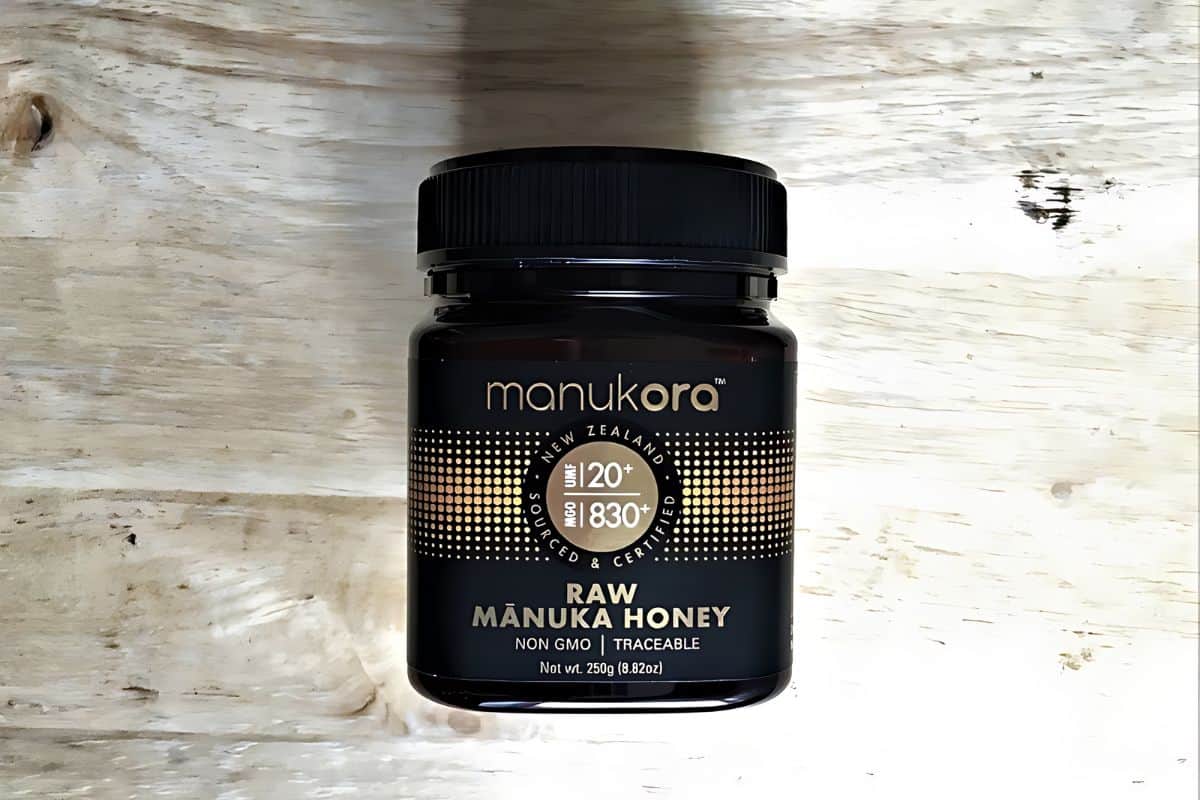
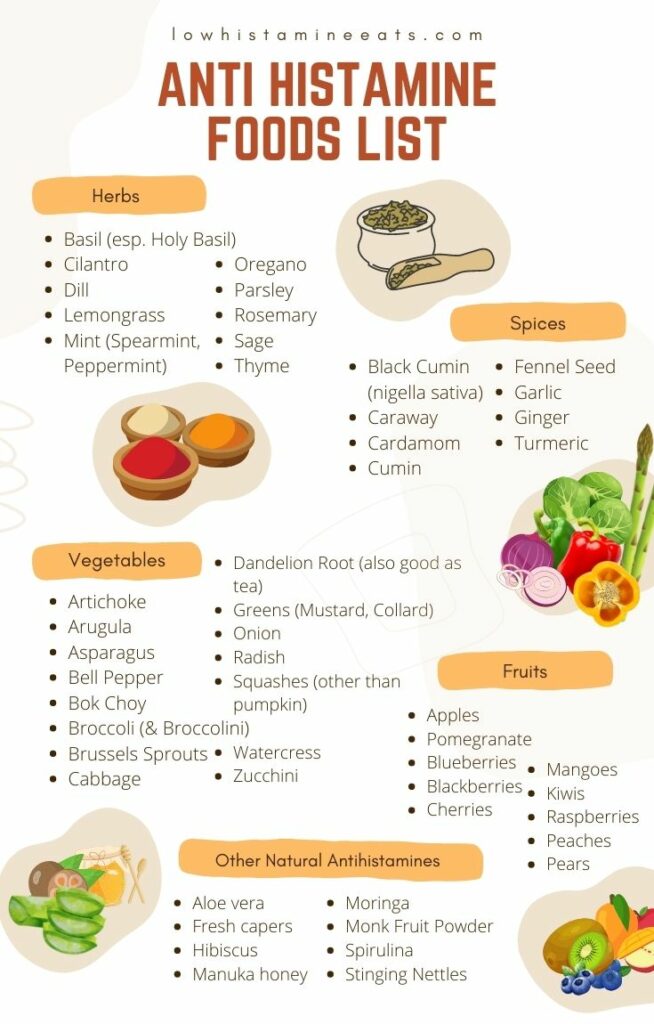
Whether you're struggling with a runny nose or a leaky gut, it's important to understand how natural antihistamines can help you heal. For those who've also chosen to consume your antihistamine in food form, do you have any others to add to the list?

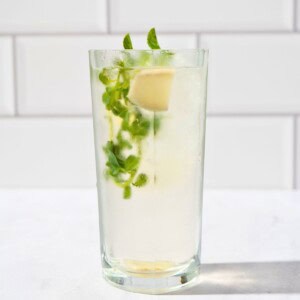
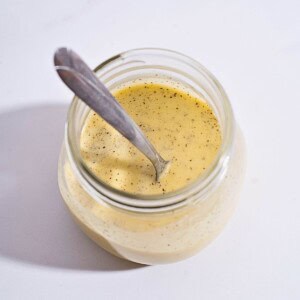
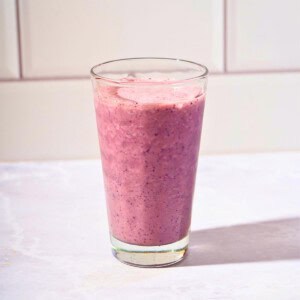
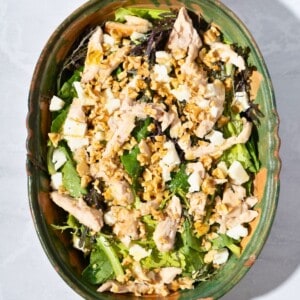
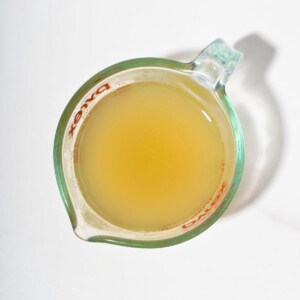
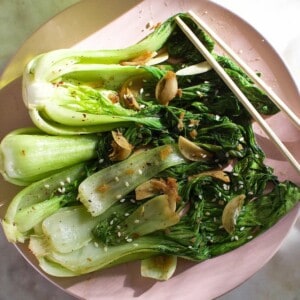
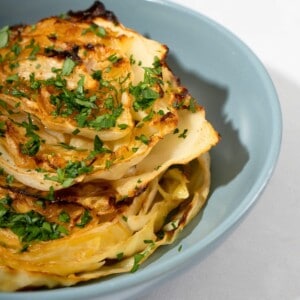

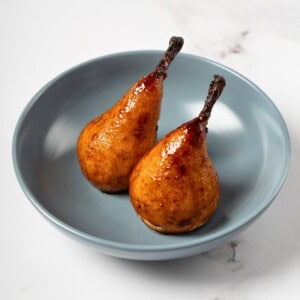
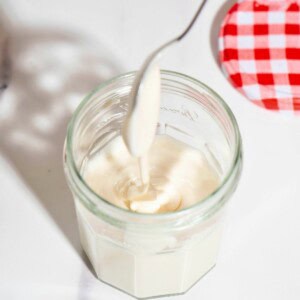

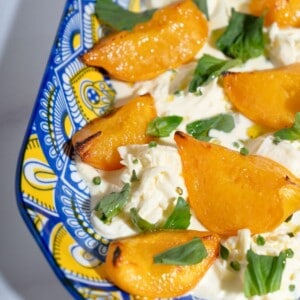

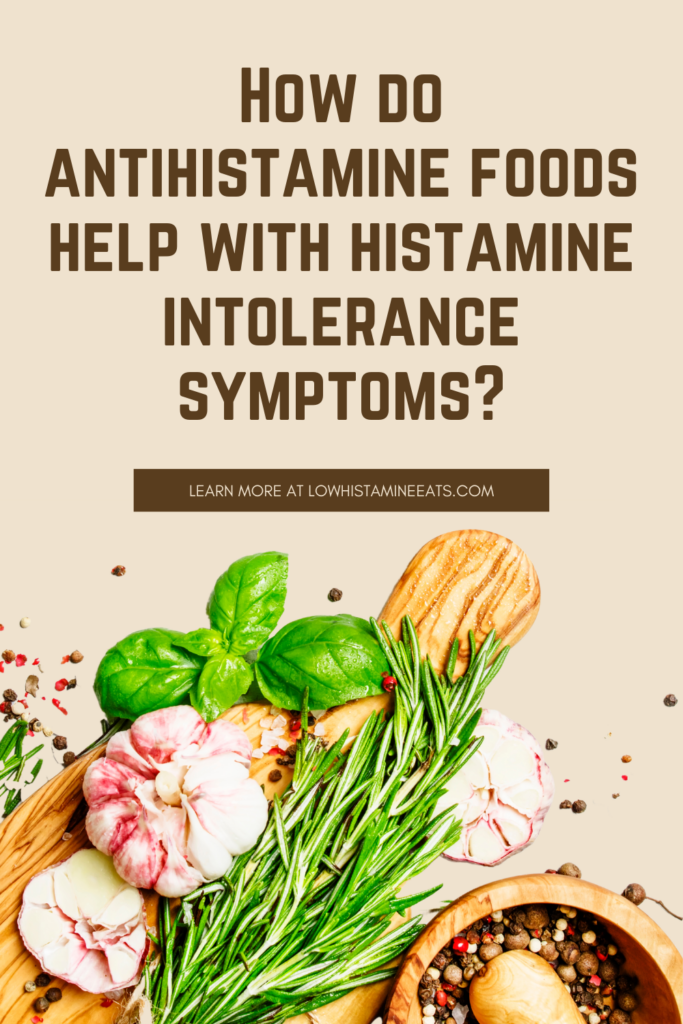
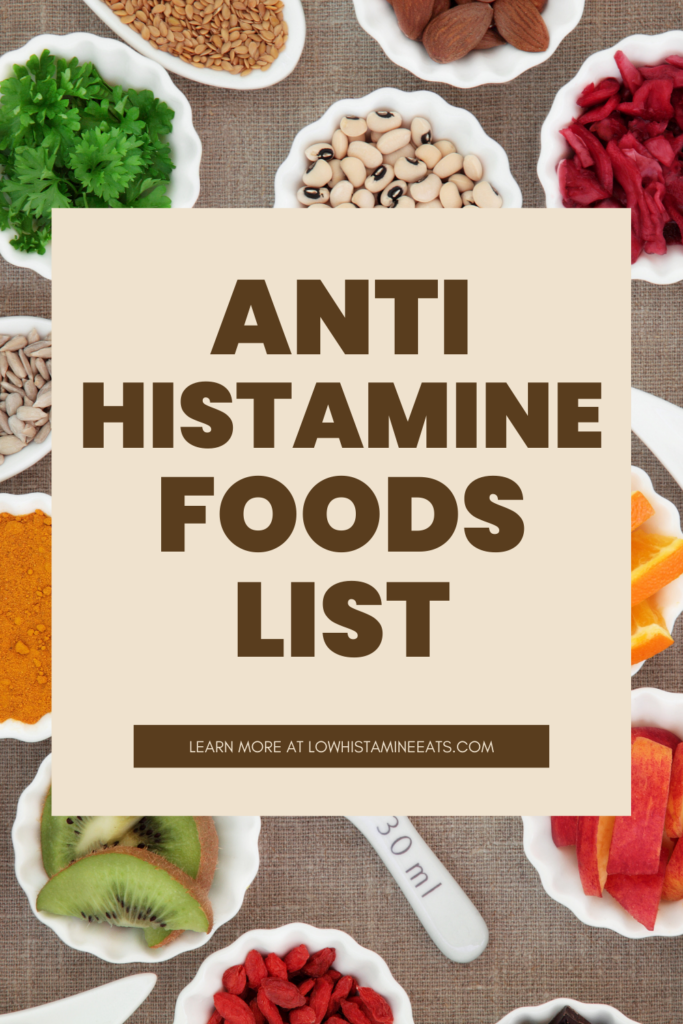
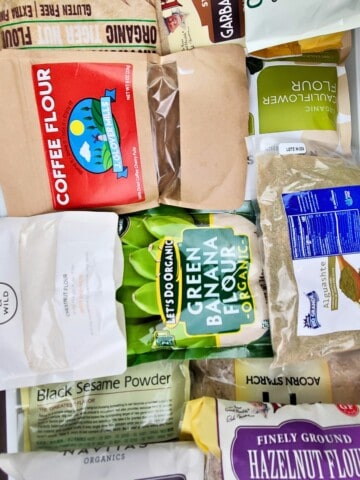
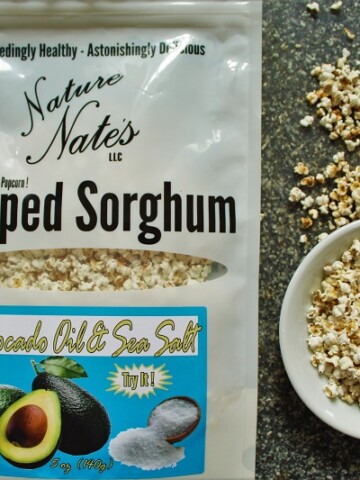
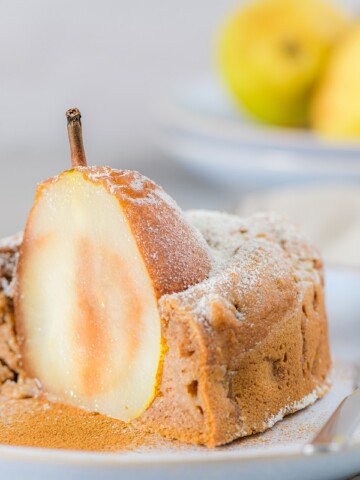
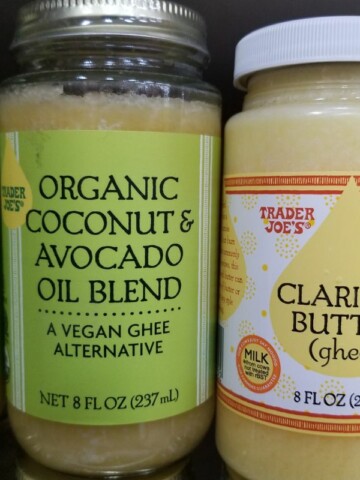
Sue says
If you have irritable bowel syndrome, much of foods are not allowed on the FODMAP diet
as well as not on the Colitis diet, as I am.
You should include these facts in your newsletter as many people who have the same issues as I am will have extra issues with inflammation in the gut.
Max says
That's definitely a consideration for many people (my husband included, as he has UC), but I also don't want to clutter the post with lots of considerations, like oxalates, lectins, salicylates, FODMAPs, as that can then confuse people who are just getting started. I do plan this year, however, to add posts which cover this considerations for those who need to take that into consideration (and share for whom it may be relevant, in case people don't know). Including it in the newsletter is also a good idea, thank you, Sue.
Paula says
Recently diagnosed with HIT trying to navigate this new way of low histamine diet . So glad I have come across you & your information!!
Max says
I'm sorry you're dealing with a new diagnosis, but I'm glad you're getting help, Paula! You're very welcome here. 🙂
Sadie Roberts says
Hello and thank you for sharing all this information.
I'm at the beginning of figuring out if histamines are the reason for my symptoms and I'm getting conflicting information on what's high/low histamine.
For example I've seen on many a list that cumin and kiwi are to be avoided and I've also read they are natural anti histamines. I'm so confused.
Any light you can shed on this would be really helpful.
Thanks, Sadie.
Max says
My pleasure, Sadie! That's the crux for a lot of people, myself included, initially - the many food lists out there are often conflicting. This is largely because of the concept of 'histamine liberators,' a term which is used to write off a lot of foods which are not actually directly high in histamine, but which are believed to cause an internal release of histamine. Although this idea of histamine liberators proliferated in chemical-isolating studies done in the 1950's and '60's, no recent studies have been done to try to replicate these results, which has led to more or less a game of whack-a-mole to determine which foods bother people, since scientists agree on the high histamine content of very few foods.
Some of these foods are labelled as 'histamine liberators' due to the presence of other biogenic amines, which are cleared from the body through the same means as histamine, and others contain small amounts of substances which may block DAO function and therefore maintain any existing histamine levels. But unless there's evidence that a food falls into either of those reasonings or there are tests that prove a high level of histamine, for each food I've taken the time to dig into the research and understand its actual histamine level and its potential as an antihistamine, meaning it can help to stabilize mast cells, like the vitamin C in kiwi or the antioxidant phytochemicals in cumin.
Sorry that was so long, but essentially, people don't agree on the histamine content of various foods because of a concept with frustratingly little scientific foundation - it's always important to work with your doctor to find the root cause of your histamine intolerance, and in the meantime, eat foods high in antioxidants and low in histamine (as much as you're able to know).
Allie says
Hi. Can you list some resources for the information you provided? Thanks.
Max says
Sure, here are all the resources that I've actually already linked to directly in the article, other than the links to other pages on this site:
https://benthamopen.com/contents/pdf/TOIJ/TOIJ-2-9.pdf
https://my.clevelandclinic.org/health/diseases/5908-mastocytosis
https://www.ncbi.nlm.nih.gov/pmc/articles/PMC6859183/
https://healinghistamine.com/blog/antioxidants-fight-histamine-inflammation/
https://pubmed.ncbi.nlm.nih.gov/28606572/
https://www.researchgate.net/publication/252880223_Investigation_into_the_mechanism_of_action_of_Moringa_oleifera_for_its_anti-asthmatic_activity
https://doi.org/10.1093/ecam/nen058
Gretchen says
This information gives me answers to questions about my health issues. Thank you 😊
Max says
My pleasure, Gretchen! I'm so glad you've found it helpful. 🙂
Victoria Kelly says
Great list
Good to know it as in this modern world of reactive foods
Knowing nwhat to eat and is avoid is so valuable when autoimmune
Max says
My pleasure, Victoria! My husband has a pretty devastating autoimmune condition as well, so I understand the heartbreaking challenges it brings - remember to be kind to yourself!
Donna Loughmiller says
I have a 2yr. old dog with massive amounts of allergies. The veterinarians can’t seem to narrow them dow,. Will these foods help with this?
Max says
Hi, Donna - I'm so sorry you're struggling, but I am not a doctor (nor a veterinarian), and I think those would be better people to ask about this. Some of these foods may possibly help your dog, but if it were me I'd ask about an oral antihistamine to help calm down the symptoms while you slowly and steadily sort out their specific issues rather than trying a ton of different foods or solutions at once; that makes it hard to sort out what may be making the most difference.
Annette Balestreri says
Donna, you're a lucky lady if your vet understands how to use food as medicine. The one thing I can add is to remember that dogs cannot tolerate certain foods that we do, including garlic, onion or anything in the allium family, also grapes, raisins, and tree nuts, which can damage their kidneys. All the best to you and your fur baby!